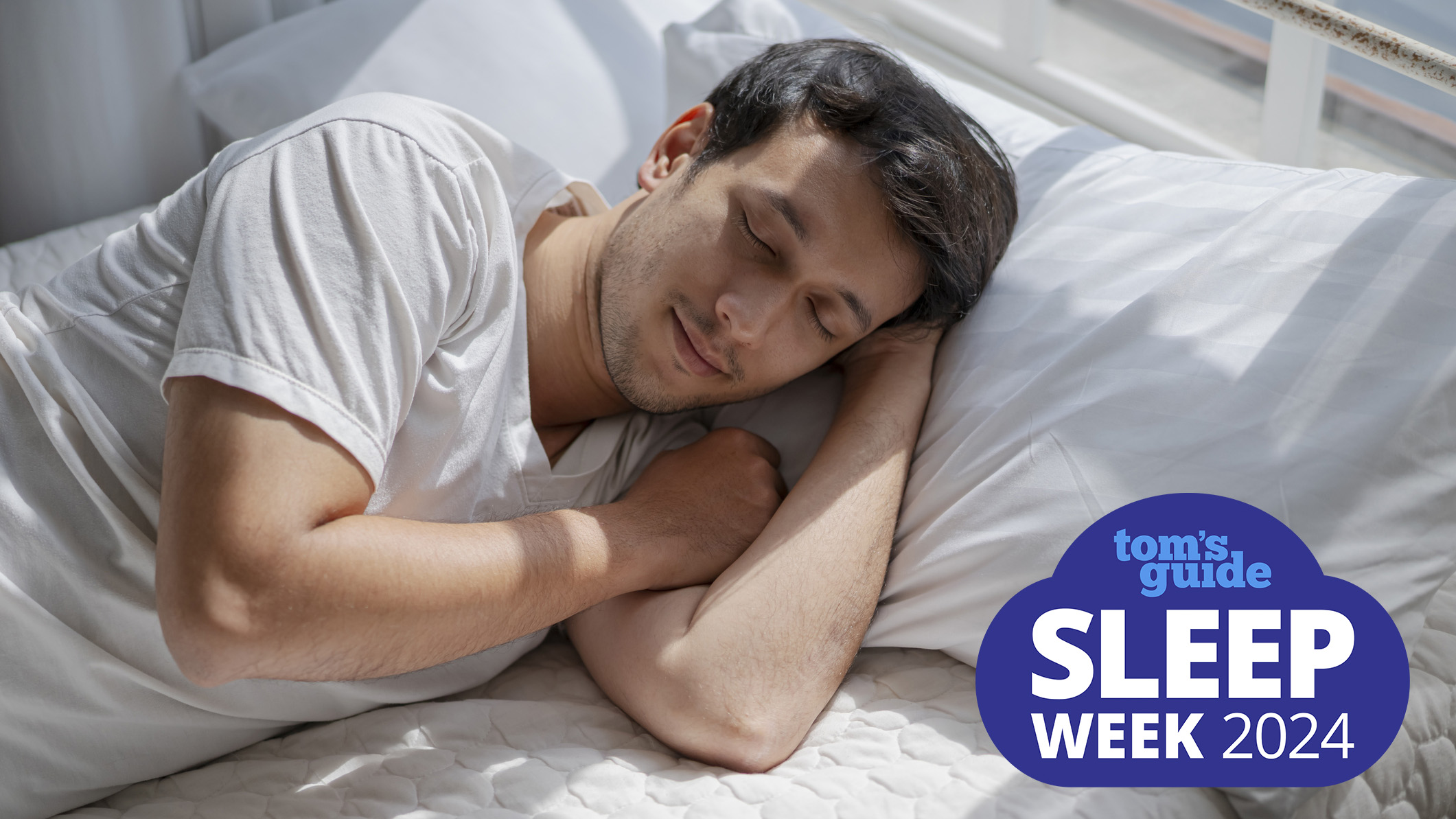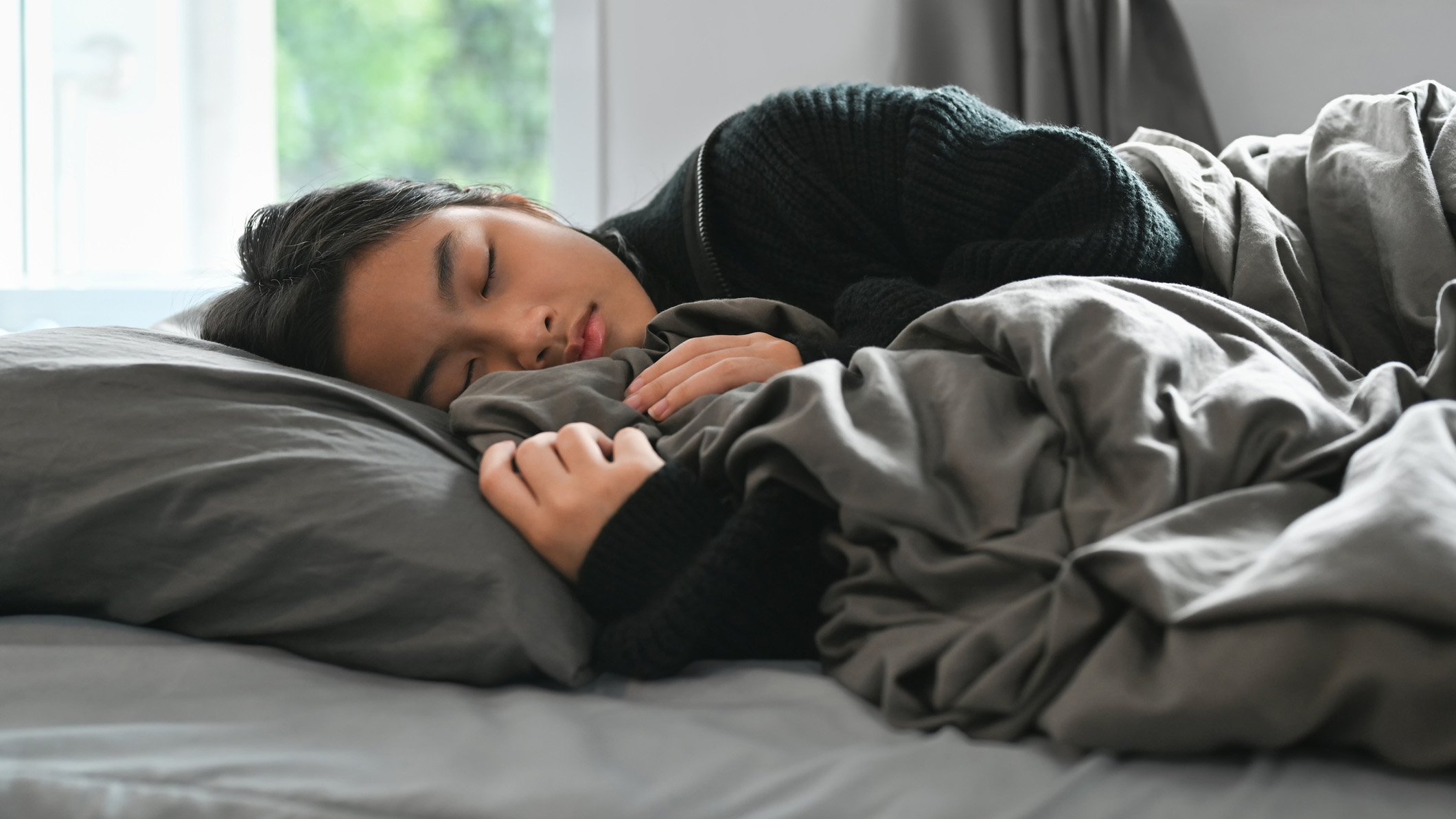
Sleep Awareness Week 2024 starts today, running from Sunday 10th to Saturday 16th March, to coincide with the beginning of Daylight Saving Time (DST). This is when the clocks change and we lose an hour of sleep. Tom’s Guide will be joining in with a week’s worth of content dedicated to helping you sleep better at night.
From how to choose the best mattress for your body to harnessing tech to help you better understand your sleep patterns and habits, we’ll be looking at the different aspects of sleep and ways you can improve yours.
Sleep Awareness Week was established in 1998 by the National Sleep Foundation (NSF) and each year the non-profit corporation publishes the results of its annual Sleep in America poll. This year’s poll looks at the connection between sleep and mental health in teens, with the findings driving home how important quality sleep is for teen mental health.
2024's Sleep in America Poll shines a light on teen mental health
This year's Sleep in America study is the first of its kind in American teens (aged 13-17 years), with the results showing that nearly 80% of teens who have good sleep habits are much less likely to experience significant depressive symptoms.
Key findings from this year’s poll show us that:
- 8 out of 10 teens struggle to get enough sleep for their age group.
- Almost ¾ say their emotional wellness is worse when they skimp on sleep.
- Teens who have trouble falling or staying asleep for more than two nights a week have significantly more depressive symptoms.
These findings are similar to a poll the NSF conducted previously with adults. "We've continued to emphasize for the public that sleep is critical for our health and well-being," said John Lopos, National Sleep Foundation CEO, "and in the context of the mental health crisis it's important to put more evidence behind the strong connection with sleep, especially in our kids.”

Findings from the NSF’s 2024 Sleep in America poll show that when teens don’t get enough sleep, they are more likely to experience significant depressive symptoms and feelings of loneliness at least once or twice a week.
This is a call to action for teens, families, educators, communities and policymakers
John Lopos, NSF CEO
Teenagers need 8-10 hours of sleep per 24-hour period, according to CDC sleep guidelines, and the NSF graded poll respondents from A-F depending on their answers to poll questions. Teens with a B grade for healthy sleep behaviours were also free of significant depressive symptoms.
The NSF is now calling for more support and education around how to help teens get better sleep for the sake of their mental wellbeing. “This is a call to action for teens, families, educators, communities, and policymakers," said Lopos.
This comes off the back of a 2022 warning from the US Surgeon General, Dr. Vivek Murthy, who indicated in an interview that the “mental health crisis” is the biggest health challenge facing the United States.
How good sleep hygiene helps you sleep better
Sleep hygiene is a term used to describe certain positive sleep habits that can help you fall asleep faster, easier and enjoy more quality sleep at night. Sleep hygiene isn’t rocket science, but it does require commitment and you need to stick with it every night.
When you practise good sleep hygiene, you’ll start training your body to expect sleep at a certain time. Among other benefits, this will make it easier for you to fall asleep at night. Other positive sleep habits can also boost your chances of sleeping well and staying asleep through the night...
These include ensuring your bedroom is cool, dark and quiet, and that you ditch screens (or switch to Night Mode) an hour before bed – studies show that blue light pollution hinders the production of melatonin, the sleepy hormone.
Here are some sleep hygiene tips to get you started:
- Aim to go to bed and wake up at the same time each day/night.
- Avoid the use of screens and devices an hour before bed.
- Reduce caffeine consumption at least eight hours before bedtime.
- Avoid alcohol and heavy meals right before bed.
- Try a relaxing guided sleep meditation or deep breathing exercise if you’re having trouble falling asleep after 20 minutes of being in bed.
- Keep your bedroom cool, dark and quiet for sleeping.
- Avoid heavy bed linens and thick pyjamas as they will make you too hot to sleep comfortably.
- Ensure your bed and pillow are well-matched to your body and sleeping position – learn how to choose a mattress that suits you.







